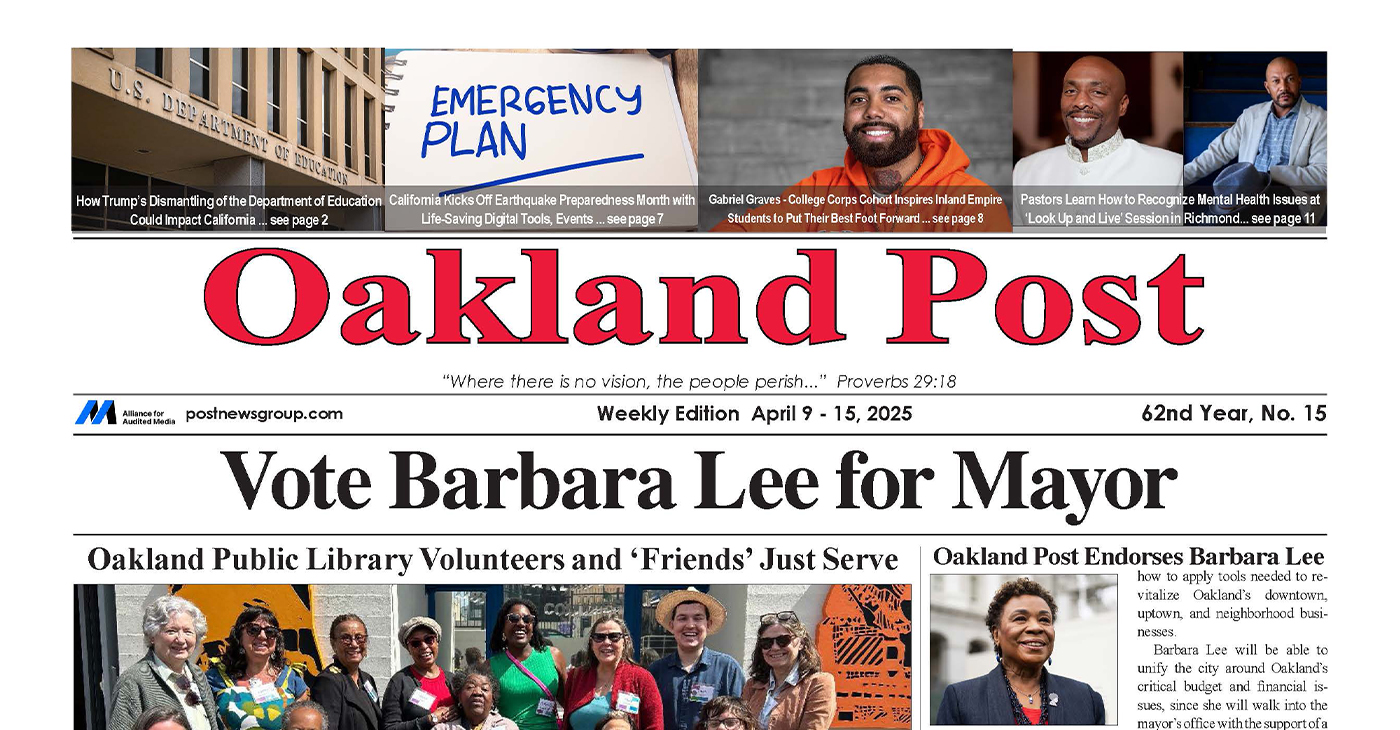Politics
Mitt Romney Bows Out of 2016 Race After a 3-Week Test Run

In this July 2, 2014, file photo, former GOP presidential nominee Mitt Romney addresses a crowd of supporters in New Hampshire. Romney told a small group of donors that he’s considering a third run at the White House. (Charles Krupa/AP)
Steve Peoples, ASSOCIATED PRESS
WASHINGTON (AP) — He insists he could win, but Mitt Romney has stepped out of the 2016 presidential contest in favor of the “next generation of Republican leaders” following a three-week fact-finding effort that revealed significant resistance to a third campaign.
The 2012 Republican presidential nominee on Friday formally ended his flirtation with another White House bid and encouraged his supporters to seek another candidate from the crowded field of prospective GOP contenders. Aides said it was a deeply personal and even painful decision for Romney.
“I believe that one of our next generation of Republican leaders, one who may not be as well-known as I am today, one who has not yet taken their message across the country, one who is just getting started, may well emerge as being better able to defeat the Democrat nominee,” Romney told supporters on a conference call. “In fact, I expect and hope that to be the case.”
The remark was both a recognition of his own limitations and an indirect swipe at the man who created the urgency behind Romney’s brief flirtation with a third presidential campaign: former Florida Gov. Jeb Bush, the son and brother of former presidents who is speeding toward a campaign of his own.
Bush and New Jersey Gov. Chris Christie would have served as Romney’s most likely rivals for the support of the GOP establishment, and both men felt an immediate impact from Romney’s announcement. It sparked a rush of activity by Romney loyalists — operatives and donors alike — suddenly freed to support another White House hopeful as the crowded field begins to take shape.
Devoted Romney supporter Bill Kunkler, part of Chicago’s wealthy Crown family, said he was disappointed by Friday’s news but now was all-in for Bush.
“I’ll work for Jeb. Period. And no one else,” Kunkler said, noting that he planned to attend a Feb. 18 Chicago fundraiser for Bush hosted by former Romney backers.
Bobbie Kilberg, a top GOP fundraiser based in Virginia, quickly settled on Christie.
“We had long and deep ties and friendship with Mitt,” Kilberg said Friday. “That has changed, obviously, at 11 o’clock this morning.”
Romney’s aides insist there was no specific incident that led to his abrupt announcement Friday. The former Massachusetts governor had shocked the political world three weeks earlier when he signaled interest in a third presidential run during a private meeting with former donors in New York.
For several months last year some Republicans strongly encouraged Romney to run again as he toured the country raising money and energy for GOP colleagues, according to aides.
“No one asked McCain to run again,” said longtime Romney aide Ron Kaufman, a reference to 2008 nominee John McCain. “Thousands of people asked Mitt to run again.”
Romney, 67, a longtime business executive, has typically followed a scientific approach to challenges — political and otherwise — and demanded data before making a decision. In recent weeks he and his most trusted advisers plunged into making phone calls and personal visits with key GOP officials and activists across the country.
At the same time, Romney tested a political speech that focused on the poor and middle class. Critics jabbed the new focus as an insincere shift designed to shed his image as an out-of-touch millionaire. Those closer to Romney suggested it was a truer reflection of a man of deep faith than most voters saw during his presidential campaigns in 2008 and 2012.
The evaluation phase peaked during a gathering of senior aides one week ago at the Boston offices of Solamere Capital, an investment firm led by Romney’s eldest son, Tagg Romney, and top fundraiser, Spencer Zwick.
Aides offered Romney a blunt assessment of his 2016 prospects, suggesting there was a path to victory but also signs of eroding support among donors and in former strongholds such as New Hampshire. They made clear that a new bid for the GOP nomination would be more challenging than the last, when Romney dominated a field that never featured another strong establishment alternative such as Bush or Christie.
In the subsequent days, several major Romney donors and one of his most trusted veteran staffers — someone who had participated in the Boston meeting — defected to Bush’s team. The trend was unmistakable, despite Romney’s optimism.
The Friday conference call ended what was always intended to be a brief trial period.
“I am convinced that we could win the nomination, but I fully realize it would have been a difficult test and a hard fight,” Romney said.
He planned to have dinner Friday night with Christie, who was among his staunchest backers during the 2012 race. Romney is not, however, expected to endorse another Republican candidate in the near future.
And he left the door open, if only a crack, to another comeback. He said he had been asked if there were any circumstance under which he would again reconsider. That, he said, “seems unlikely.”
___
Associated Press writers Thomas Beaumont in Des Moines, Iowa, and Jill Colvin in Newark, New Jersey, contributed to this report.
Copyright 2015 The Associated Press. All rights reserved. This material may not be published, broadcast, rewritten or redistributed.
###
Activism
Oakland Post: Week of April 23 – 29, 2025
The printed Weekly Edition of the Oakland Post: Week of April 23 – 29, 2025

To enlarge your view of this issue, use the slider, magnifying glass icon or full page icon in the lower right corner of the browser window.
Activism
Oakland Post: Week of April 16 – 22, 2025
The printed Weekly Edition of the Oakland Post: Week of April 16 – 22, 2025

To enlarge your view of this issue, use the slider, magnifying glass icon or full page icon in the lower right corner of the browser window.
Activism
Oakland Post: Week of April 9 – 15, 2025
The printed Weekly Edition of the Oakland Post: Week of April 9 – 15, 2025

To enlarge your view of this issue, use the slider, magnifying glass icon or full page icon in the lower right corner of the browser window.
-

 Activism4 weeks ago
Activism4 weeks agoOakland Post Endorses Barbara Lee
-

 Activism4 weeks ago
Activism4 weeks agoOakland Post: Week of March 28 – April 1, 2025
-

 Activism3 weeks ago
Activism3 weeks agoOakland Post: Week of April 2 – 8, 2025
-

 #NNPA BlackPress3 weeks ago
#NNPA BlackPress3 weeks agoTrump Profits, Black America Pays the Price
-

 Activism2 weeks ago
Activism2 weeks agoOakland Post: Week of April 9 – 15, 2025
-

 #NNPA BlackPress3 weeks ago
#NNPA BlackPress3 weeks agoHarriet Tubman Scrubbed; DEI Dismantled
-

 #NNPA BlackPress3 weeks ago
#NNPA BlackPress3 weeks agoTrump Targets a Slavery Removal from the National Museum of African-American History and Culture
-

 #NNPA BlackPress3 weeks ago
#NNPA BlackPress3 weeks agoLawmakers Greenlight Reparations Study for Descendants of Enslaved Marylanders















































